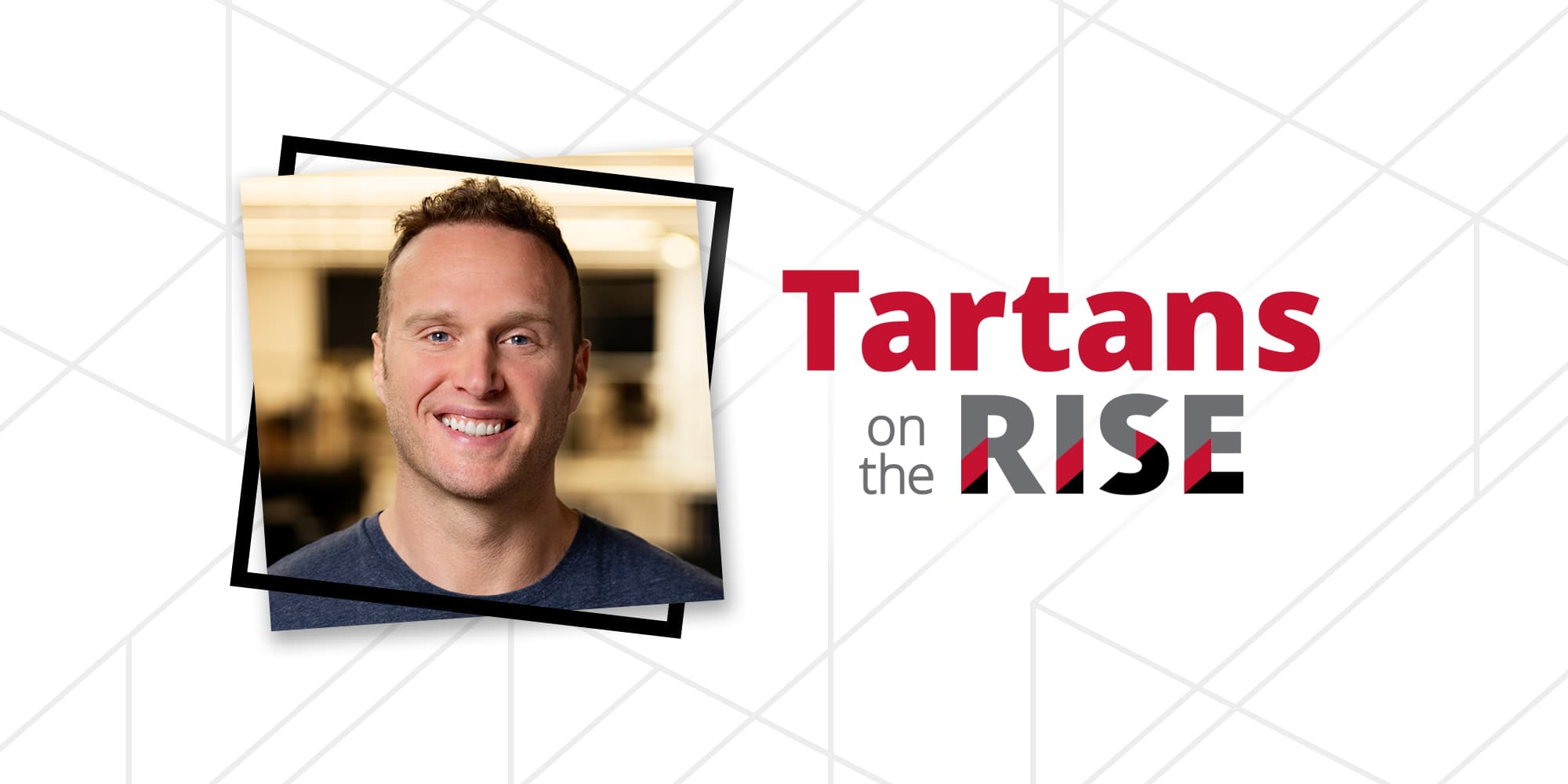Jeff Kaditz

Founder and Chief Executive Officer, Q Bio
Building Medical Care for the Future
As the founder of Affirm, Jeff Kaditz (MCS 2003; SCS 2003) may be best-known for his work building the innovative consumer lending platform.
Now he’s working on his next big game-changing idea: The future of health care is information science.
He wants to get more actionable data in the hands of patients and their doctors, so he’s designing a process that acts like a “check engine light” for the human body.
“Everybody probably knows somebody who has died unnecessarily from something that was totally preventable,” Jeff says. “In this modern age, we have the technology to know when changes are occurring in our body that are red flags. It shouldn't be accidental or too late when we find out about them.”
His early-stage startup, Q Bio, is partnering with health care providers to deploy the first holistic clinical digital twin, Gemini, that combines a person’s medical history, genetics, biochemistry and anatomy to build a systemic model of what is changing in a person’s physiology. This technology can be made cheap enough to become a standard of care thanks to a revolutionary new kind of whole-body scanner his company has developed. The technology is based on breakthroughs in computational biophysics that allow multiparametric and quantitative, whole-body MRI scans to be done 40 times faster and on much cheaper hardware than existing clinical MRI scanners — in open geometries where patients can stand, sit or lay down.
Q Bio has been running a clinical pilot over the past five years with incredible results.
“Our pilot results surpassed my initial expectations,” Jeff says. “There are about 10,000 known human diseases, and the data we collect in about 30 minutes is sensitive to changes related to well over half of those known issues and probably many we haven’t even classified yet.”
The company recently began partnering with large international health care systems to deploy Gemini to automatically identify asymptomatic patients with the greatest risks of existential health events in the near term.
“We can currently gather almost 7 billion data points about your body in less than 30 minutes, Jeff says. “When combined with other data, this is orders of magnitude greater than the next best, and we do it for more than an order of magnitude less the cost.”
“We now have an initial approximation of an A2D converter for the human body that will continue to improve and ultimately enable ‘Star Trek’ Med-Bay-like scenarios. In the future, people will go to a place that’s like a car wash for your body. Everything will be measured about you quickly and noninvasively and used to update your digital twin in the cloud. Based on what is changing in your body triage, algorithms will automatically prioritize and schedule who should see a doctor and what kind based on risks. A summary of those risks will automatically be sent to your PCP. If you don’t have any major changes in your risks, the system will recommend when would be best for you to come back for your next physical.
“This will be the standard of care in the future. If it’s not a matter of if, just when.”
Story by Elizabeth Speed